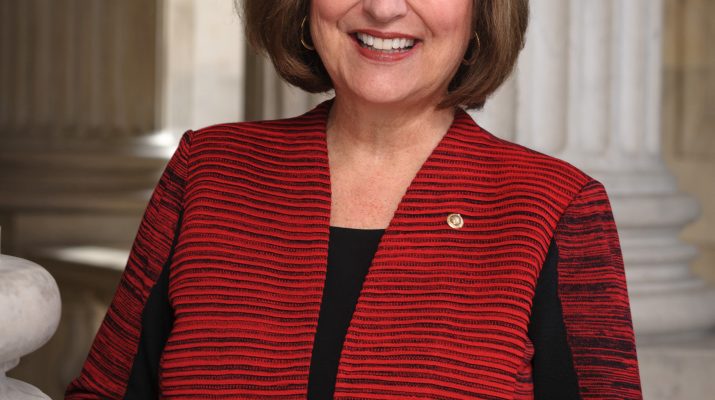This column first appeared in the Washington Examiner
The United States champions the right of free and fair elections around the globe. Wherever political machines are abused to interfere in elections, American administrations have spoken out against those abuses — and the Biden administration is no exception.
In 2021, U.S. Secretary of State Antony Blinken condemned Venezuela’s Maduro regime for its actions that deprived “Venezuelans yet again of their right to participate in a free and fair electoral process.”
Last year, Guatemala’s electoral tribunal disqualified three candidates from running for president on what leftwing U.S. media called “technical and dubious grounds.” The eventual election of Bernardo Arévalo was then contested fiercely by Guatemala’s Public Ministry. The entire affair drew fire from the international community and the U.S. Department of State, which called the Public Ministry’s effort “anti-democratic behavior.”
Also last year, Russia President Vladimir Putin’s main opposition in years past, Alexei Navalny, was sentenced to an additional 19 years in prison on so-called “extremism” charges. The Biden administration called the action “unjust” and the charges “unfounded.”
But over the past few weeks, the authoritarian urge to ban an opposition candidate from standing for election has manifested here at home. But the Biden administration has, this time, been largely silent. Indeed, the party currently controlling the White House has ignored or even supported two deeply un-American actions in Colorado and Maine, with few exceptions.
On Dec. 19, the Colorado Supreme Court — a body of unelected judges who were all appointed by Democratic governors — deemed former President Donald Trump disqualified to appear on the 2024 presidential ballot under Section Three of the 14th Amendment of the U.S. Constitution. Section Three prevents a person from holding office who previously used their office to engage in insurrection against the United States.
But Trump was not removed from office for engaging in an insurrection, nor has he been convicted of any such activity. This hyper-partisan, politically-motivated decision abuses the Constitution for short-term gain. How the unelected judges on the Colorado Supreme Court feel about Trump should not sway their interpretation of our founding document.
Unfortunately, this shameful attack on due process didn’t end in Colorado. On Dec. 28, Maine’s secretary of state unilaterally reinterpreted the same section of the Constitution to kick Trump off the ballot. Similar to the Colorado Supreme Court justices, Secretary of State Sienna Bellows is not a statewide elected official — she was selected by the majority party of the state legislature, which at the time was the Democratic Party.
Bellows’ alarming misuse of her position forced Maine Republicans and Democrats alike to speak out. Sen. Angus King, an Independent who caucuses with the Democrats, said “the decision as to whether or not Mr. Trump should again be considered for the presidency should rest with the people as expressed in free and fair elections.” Democratic Rep. Jared Golden (ME) agreed, saying, “We are a nation of laws, therefore until he is actually found guilty of the crime of insurrection, he should be allowed on the ballot.”
Ultimately, whether a candidate should appear on the presidential ballot should never be a question of party politics, as it can be in corrupt, autocratic nations. The United States has stood as a bastion of democracy for centuries, in the position to root out corruption in the world — not as the place where corruption must be rooted out.
The U.S. Supreme Court is set to weigh in on these un-American, authoritarian attempts to block a candidate from standing for election. I hope it does so quickly and resolves this issue once and for all.
But for now, every American, no matter their party, should condemn this assault on our electoral institutions and freedoms. Our democracy shouldn’t hinge on what someone thinks about Trump. It should hinge on free and fair elections that determine the will of the people.

